There are many factors in life that help determine how we sleep and the quality of our sleep. These factors may include our work schedule, our age, where we live, and a number of other things. While sometimes we may be able to solve these issues with lifestyle changes, sometimes we need professional help to help us adjust back into a healthy sleeping pattern, which is also known as a circadian rhythm.
What Is A Circadian Rhythm
The circadian rhythm, also known as the sleep/wake cycle, is a person’s 24-hour internal clock that regulates the periods when we feel awake and when we are drowsy. For example, it’s the reason why you always wake up at a certain time despite not having set an alarm, and why you always get sleepy around a certain time at night.
Our circadian rhythm is also responsible for how awake we feel during the day. It’s why we feel a dip in energy between 2 a.m. and 4 a.m. and between 1 p.m. and 3 p.m., after lunch. This regulatory time clock can sometimes become confused or shift away from the preferred sleep/wake cycle. When this happens, we call the condition a circadian rhythm disorder.
Circadian Rhythm Disorder
If you’re feeling like your sleep schedule is off, no matter what you try, then you may be experiencing a circadian rhythm disorder. Here are 5 of the most common circadian rhythm disorders that you should know about.
Shift Work Disorder: Since a natural circadian rhythm is, in part, balanced by the amount of sunlight you receive, working overnight or rotating shifts at work can seriously disrupt our circadian rhythm. Even though we sleep, we may not feel as rested, or we may always feel exhausted.
Narcolepsy: This serious condition is characterized by experiencing intense bouts of daytime sleepiness and uncontrollable episodes of falling asleep, despite having gotten proper sleep throughout the night.
Delayed Sleep Phase Disorder: This condition prevents people from falling asleep until very late in the night, oftentimes until 2 a.m. or later. It’s typically found in adolescents and young adults, but it may persist for years and can lead to impairment at work or school.
Advanced Sleep Phase Disorder: Unlike delayed sleep phase disorder, people who experience advanced sleep phase disorder will probably go to bed very early and then have trouble staying asleep past early morning hours, like 3 a.m. This condition is mostly found in elderly people and it can also persist for years and lead to impairment.
Jet Lag: Travelling to an area with even a slightly different time zone can throw anyone off because our circadian rhythms function based on the time zone where we typically reside. Though this condition is only temporary, it can affect the quality of our sleep, or our ability to fall asleep until our circadian rhythm adapts to the new time zone.
How To Reset Circadian Rhythm
Before setting up any sort of treatment, it will probably be necessary to conduct a sleep study at our Sleep Disorder Center. Once a sleep study is conducted, our sleep specialists will be able to determine the best course of treatment for your specific circadian rhythm disorder.
More Information
If you or someone you know is having a hard time falling or staying asleep, then it may be time to visit our Sleep Disorder Center. Contact us today to schedule an appointment with one of our sleep specialists.

